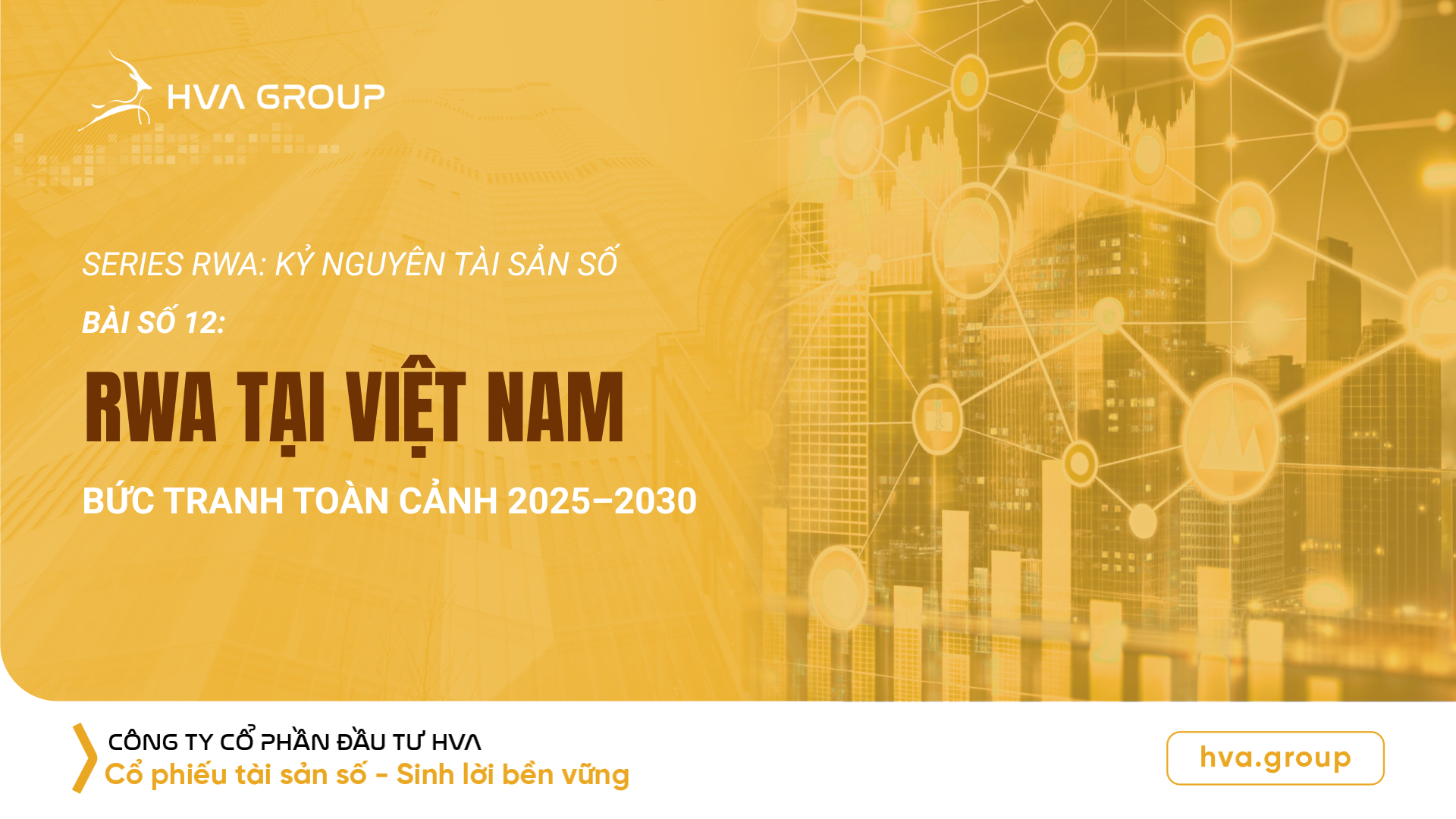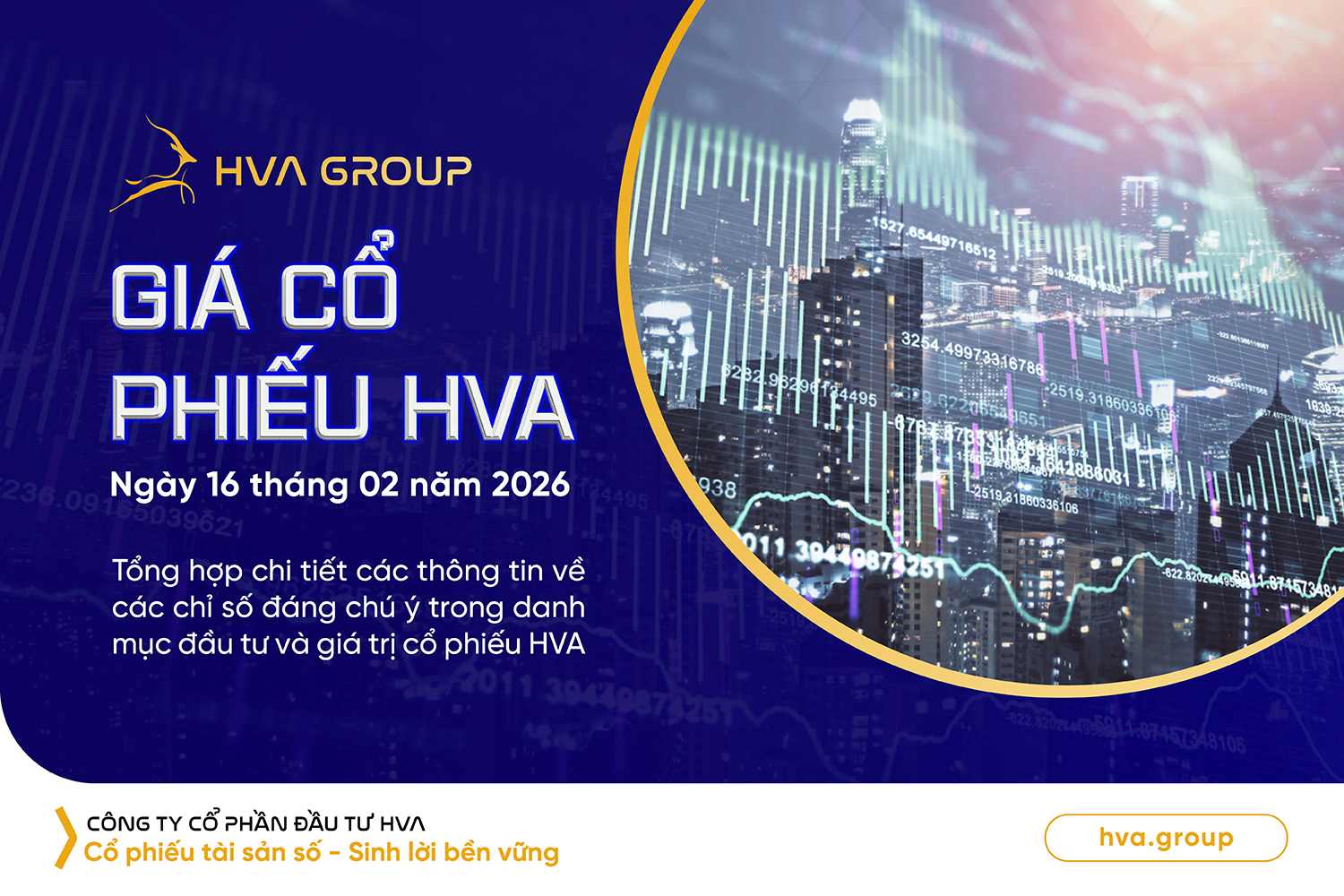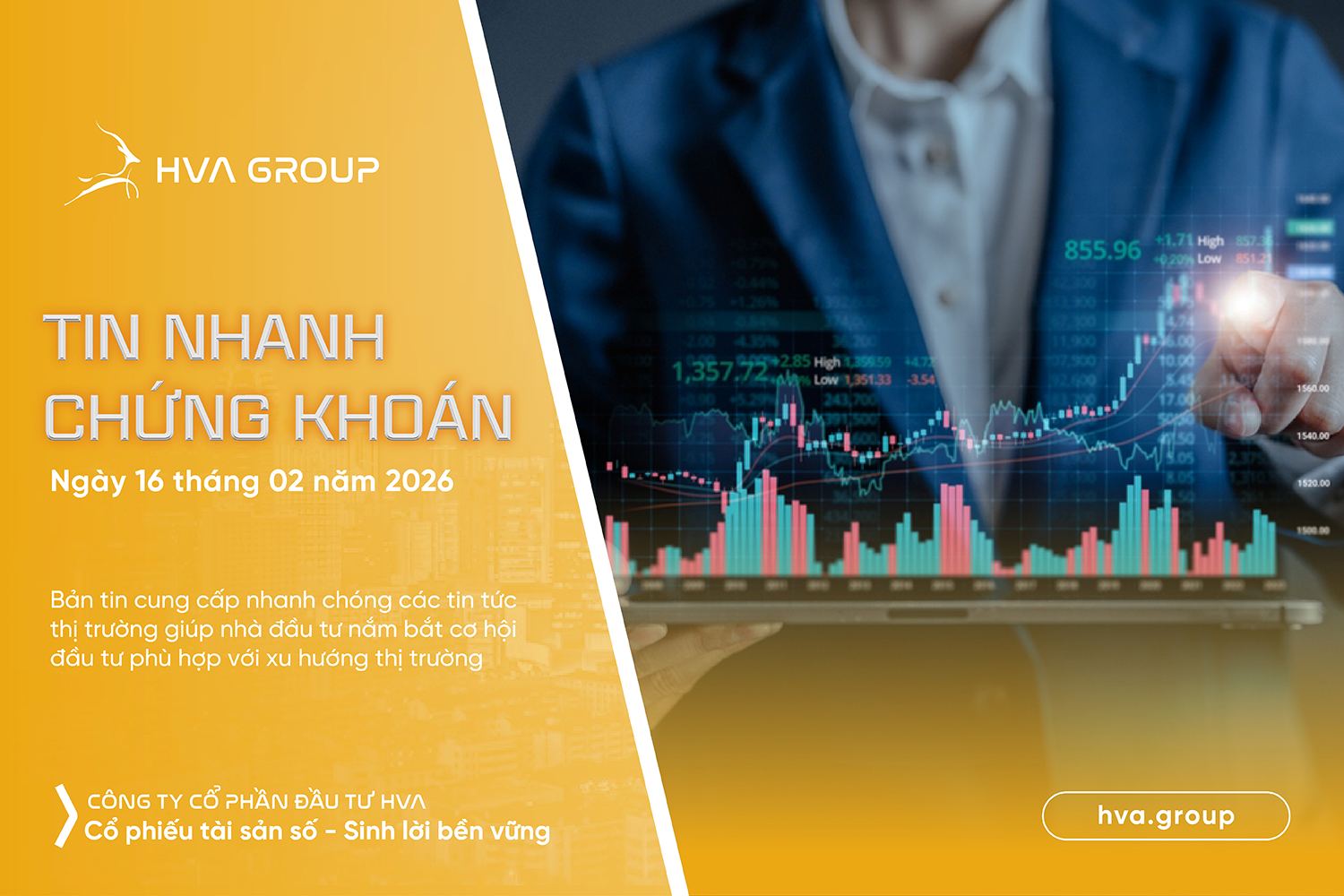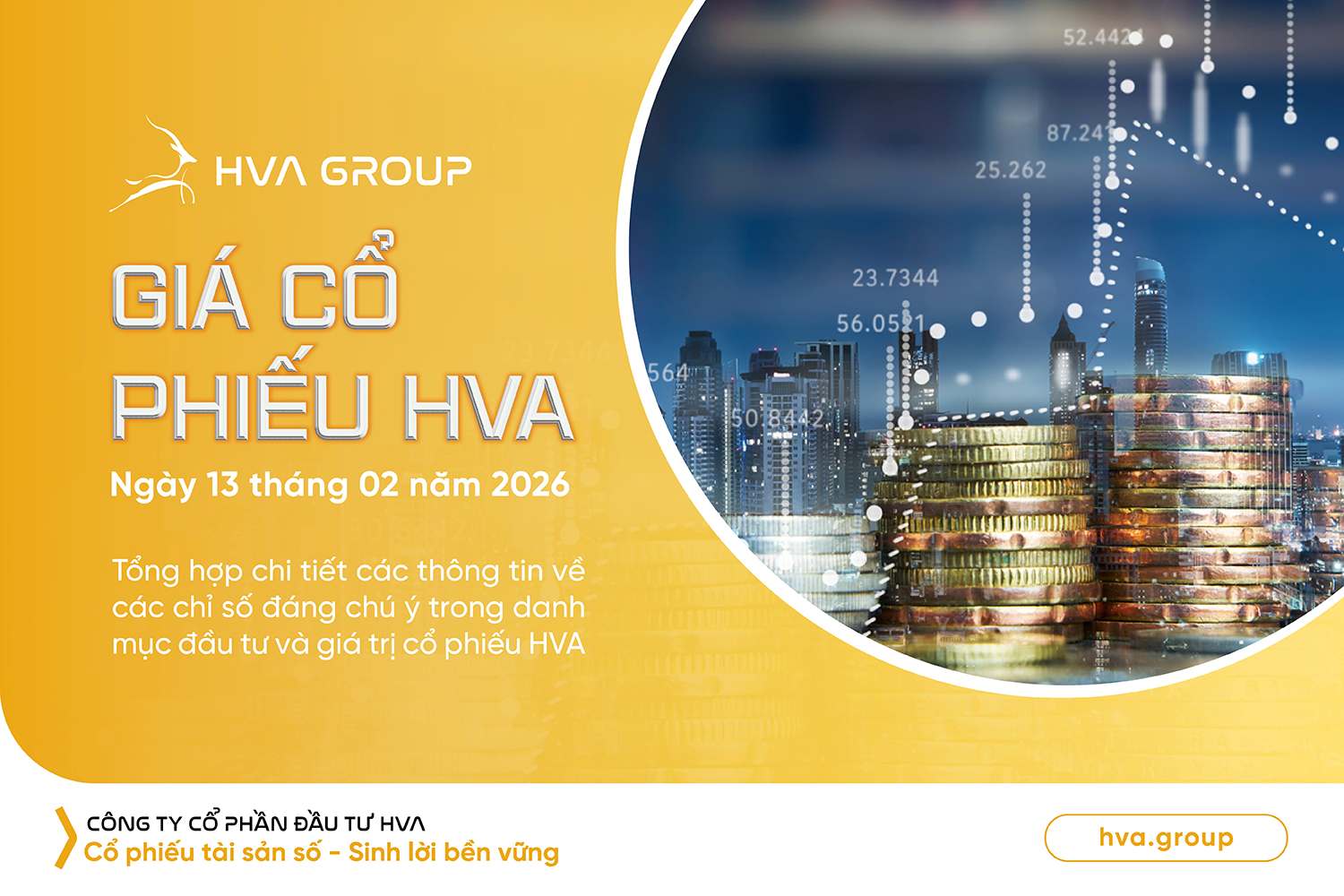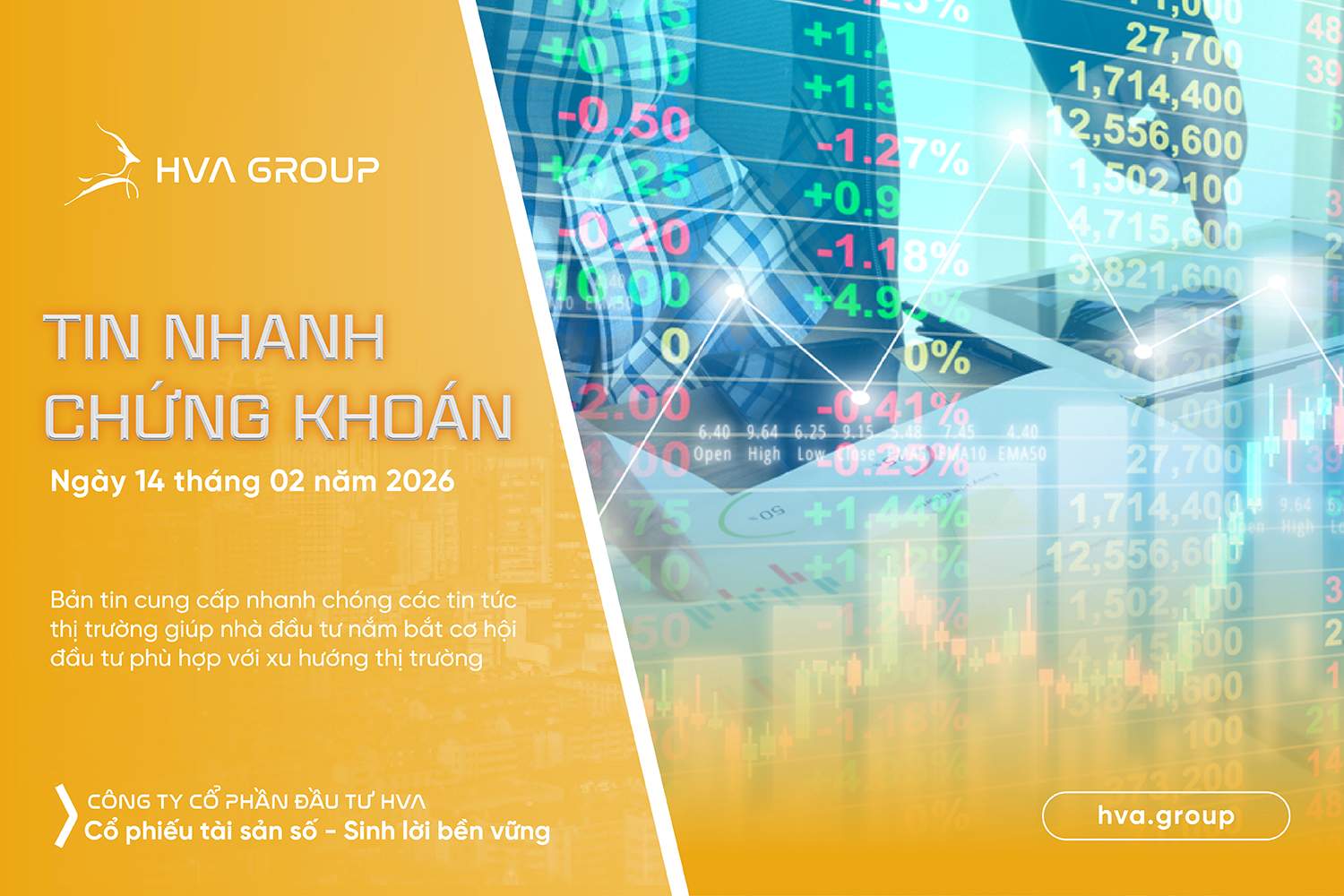Learn about HVA foreign invested economic organization and their role in promoting foreign investment in Vietnam right below this article.
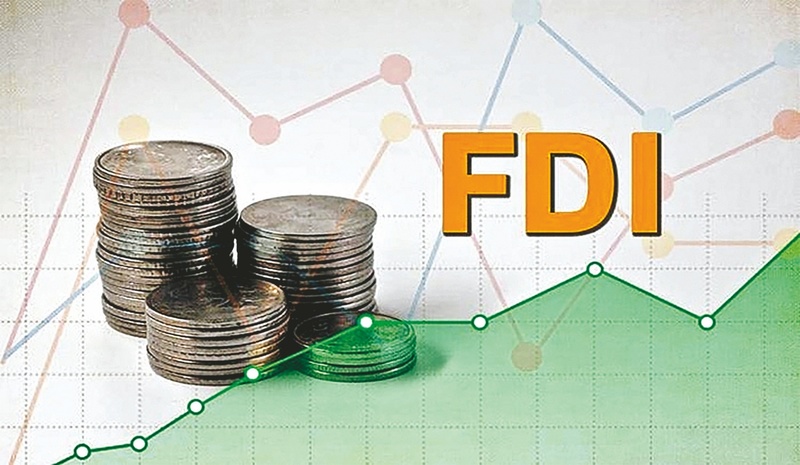
What is the definition of a foreign invested enterprise?
A foreign invested enterprise (FDI) is a type of enterprise whose investment capital comes mainly or entirely from foreign organizations or individuals. This investment capital is often used to purchase shares, build infrastructure, purchase fixed assets, or participate in production and business activities in the country where the enterprise is headquartered.
The significance of attracting foreign investment
>>> See more articles: Learn what stocks are and how to invest in stocks effectively
Economic growth
- Economic diversification: FDI helps diversify the economic structure, minimizing the risk of dependence on a few industries.
- Increasing budget revenue: Through taxes, fees and charges, FDI contributes significantly to the state budget, creating capital for development investment.
Job creation
- Improving the quality of human resources: FDI enterprises often require highly qualified workers, thereby promoting the improvement of the quality of domestic human resources.
- Creation of new industries: The emergence of new industries brought about by FDI creates many new job opportunities for workers.
Technology transfer
- Improve labor productivity: New technology helps increase labor productivity and reduce production costs.
- Innovation: FDI enterprises encourage innovation, creating new products and new services.
Improve competitiveness
- Promoting global value chain linkages: FDI enterprises help domestic enterprises participate more deeply in the global value chain, enhancing the position of Vietnamese goods in the international market.
Infrastructure Support
- Improve the business environment: Good infrastructure attracts more investors, creating a spillover effect.
- Regional development: FDI contributes to the even development of regions, reducing the gap between rich and poor.
Foreign investment in Vietnam and socio-economic situation
On scale and trends
Vietnam has become an attractive destination for foreign investors in recent years. Foreign direct investment (FDI) inflows into Vietnam have been growing steadily, making an important contribution to the country’s socio-economic development, as demonstrated by the following characteristics:
- Stable growth: Total registered FDI capital and implemented FDI capital in Vietnam have both recorded stable growth for many consecutive years, showing investors' confidence in Vietnam's business environment.
- Diversification of capital sources: Investors come from many different countries and territories, not just focusing on a few large markets. This helps to minimize risks and increase the sustainability of FDI capital flows.
- Structural shift: FDI capital structure is clearly shifting from traditional industries to high-tech industries with large added value such as electronics, automobiles, pharmaceuticals, etc.
Industry distribution
FDI in Vietnam is concentrated in a number of key industries such as:
- Processing and manufacturing industry: This is the industry that attracts the largest FDI capital, focusing on export products such as electronics, computers, electronic components, textiles, footwear, etc.
- Services: The service industry also attracts a large amount of FDI, especially in areas such as real estate, finance, banking, and tourism.
- Construction: FDI in the construction industry focuses on large infrastructure projects, contributing to the modernization of Vietnam's infrastructure.
- Agriculture: FDI in agriculture mainly focuses on areas such as agricultural processing and industrial crop cultivation.
Investment location
Areas attracting large FDI investments are often concentrated in the following areas:
- Major cities: Hanoi, Ho Chi Minh City, Hai Phong, Da Nang are the areas attracting the most FDI, thanks to good infrastructure, high-quality human resources and large consumer markets.
- Industrial zones: Concentrated industrial zones and special economic zones are also attractive destinations for investors.
- Coastal provinces: Coastal provinces have advantages in seaports, favorable for import and export, and also attract many FDI projects.
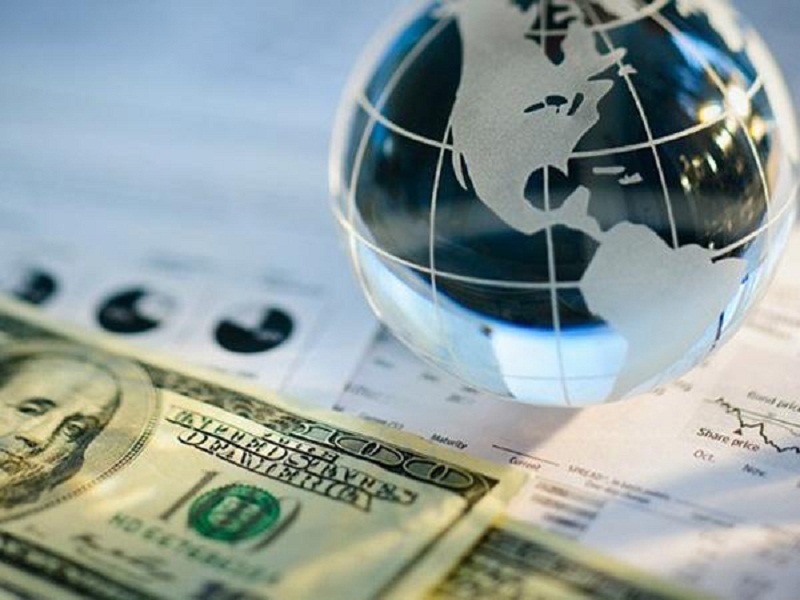
What is a foreign invested company?
A foreign-invested company is a type of company whose capital investment comes mainly or entirely from foreign organizations or individuals. This means that the owners or investors of that company are not nationals of the country in which the company operates.
Some characteristics of businesses and foreign invested economic organization:
Diversified capital
- Multinational: Investment capital can come from many different countries, creating diversity in culture, management experience and market access.
- Many forms of investment: In addition to contributing capital, buying shares, and acquiring businesses, there are other forms of investment such as joint ventures and business cooperation.
- Large capital scale: FDI enterprises often have large capital sources, helping them carry out large-scale, high-tech projects.
Modern technology
- Advanced equipment: FDI enterprises are often equipped with modern, highly automated production machinery and equipment.
- Strict quality management: Foreign invested enterprises apply international quality standards, ensuring products meet high standards.
- High-quality human resources: Foreign-invested enterprises often recruit highly qualified people who are capable of working with new technology.
Professional management
- Clear organizational structure: FDI enterprises often have a clear organizational structure and reasonable decentralization, helping to increase management efficiency.
- Scientific working process: Working processes are standardized, transparent, ensuring consistency.
- Distinctive corporate culture: FDI enterprises often have distinctive corporate cultures that encourage creativity and innovation.
Diversified business goals
- Export: Many foreign-invested enterprises produce goods for export, contributing to increasing Vietnam's export turnover.
- Domestic market: Some FDI enterprises focus on the domestic market, providing products and services to Vietnamese consumers.
- Value chain linkage: FDI enterprises can participate in global value chains, creating products with high added value.
Vietnam attracts foreign investment, driving economic development
In recent years, Vietnam has become an attractive destination for foreign investors. Foreign direct investment (FDI) flows into Vietnam have been growing steadily, making an important contribution to the country's socio-economic development. In addition, there are also factors that help Vietnam attracts foreign investment as strong as:
Favorable investment environment
- Administrative procedure reform: Simplifying administrative procedures, reducing time and costs for businesses has created favorable conditions for foreign investors.
- Political and social stability: A stable political environment and respect for the law are important factors in attracting long-term investors.
- Participation in many free trade agreements: Participation in free trade agreements such as CPTPP and EVFTA has opened up many export opportunities, reduced tariffs and created a fair competitive playing field for businesses.
Abundant labor force
- Young, dynamic workforce: Vietnam has a large, young workforce that is adaptable to new technology.
- Competitive labor costs: Compared to other countries in the region, labor costs in Vietnam are still quite low, attracting manufacturing enterprises.
- Labor capacity is increasingly improved: Through training and practical work, the labor capacity of Vietnamese people is increasingly improved.
Large domestic market
- Large population: With a population of over 90 million people, Vietnam is a very large domestic consumer market.
- Growing consumer demand: The growth of the middle class and urbanization has fueled the demand for increasingly diverse products and services.
Convenient geographical location
- Gateway to Southeast Asia: Vietnam is located in the center of Southeast Asia, convenient for trade with countries in the region and the world.
- Developed seaport system: Major seaports such as Hai Phong, Da Nang, and Ho Chi Minh are important gateways for import and export activities.
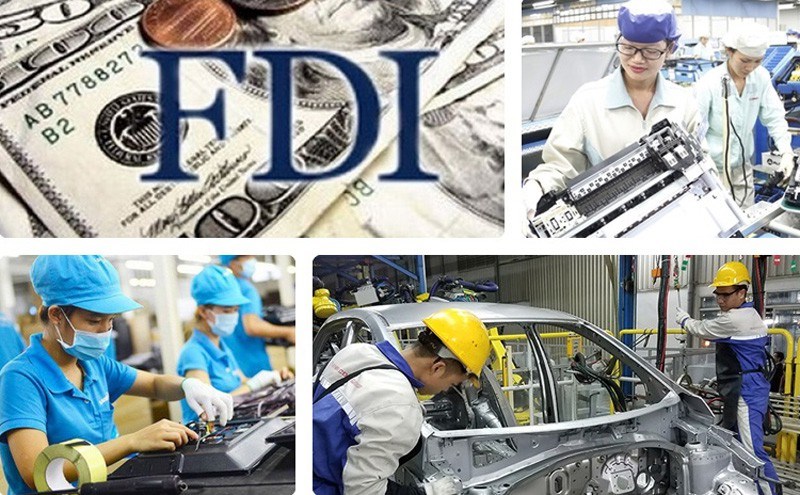
HVA along with many foreign invested enterprise other, has been actively contributing to the process of industrialization and modernization of the country. Attracting foreign investment to Vietnam not only brings capital and modern technology but also creates many jobs and improves the competitiveness of the economy. To continue attracting investment and develop sustainably, Vietnam needs to focus on improving the business environment, improving the quality of human resources as well as promoting international economic integration.


